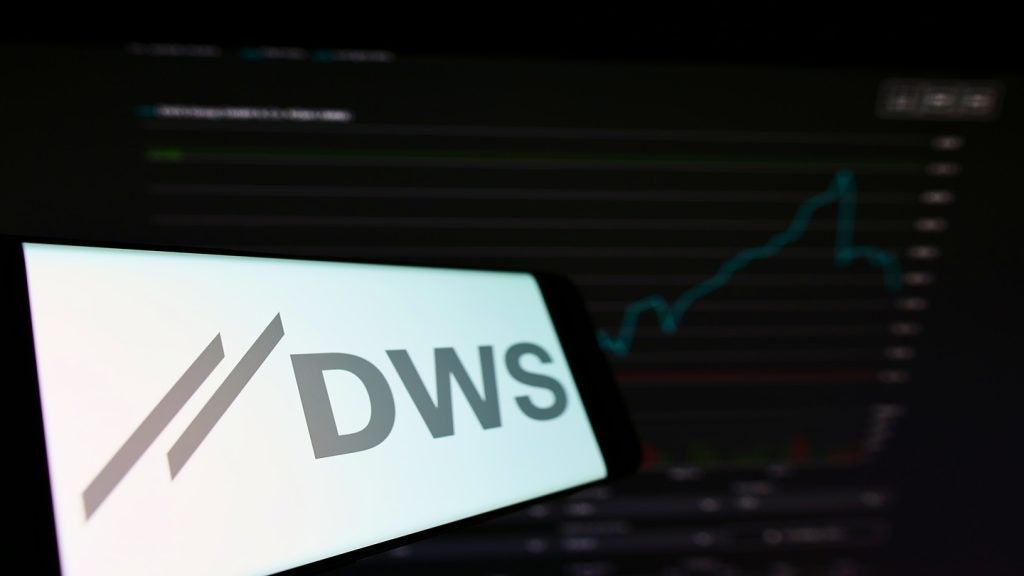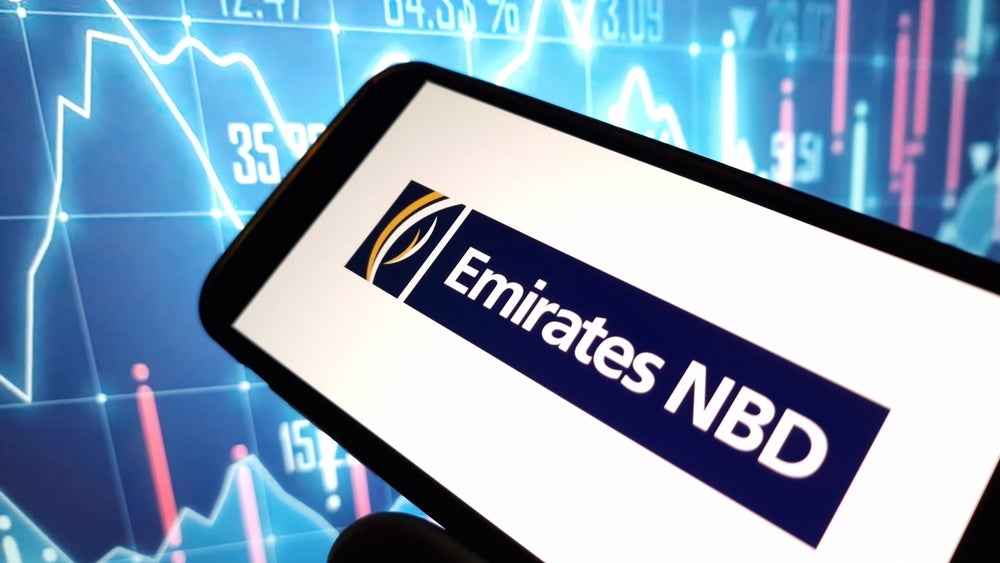The Bank of New York Mellon (BNY Mellon) has appointed Frank La Salla as the CEO of its corporate trust business, replacing Eric Kamback who will retire after a spell of 36 years at the firm.
Salla will focus on building strategic investments in the corporate trust platform. He will assume the new role on 23 May 2017 and will report to BNY Mellon vice chairman and CEO of investment services Brian Shea.
Salla has been working at BNY Mellon since 23 years and currently serves as CEO of the firm’s alternative investment services (AIS) and structured products.
He previously served as COO of BNY global clearing. He also headed Pershing’s global client group for over a decade and was a member of Pershing’s executive committee.
Meanwhile, Chandresh Iyer, global head of middle office solutions group at BNY Mellon, will replace La Salla as CEO of AIS and structured products.
Iyer will be responsible for developing company’s real estate administration services and ETF services and extending middle office solutions to hedge fund administration clients. He will report to CEO of asset servicing Samir Pandiri,.
Iyer joined BNY Mellon two years ago. He previously worked at Citi’s Investor Services business, and at Merrill Lynch.
In April 2017, BNY Mellon reported net income applicable to common shareholders of $880m for the first quarter of 2017, up 9% compared to $804m a year earlier.
Total revenue for the quarter ended 31 March 2017 was $3.8bn, a 3% rise on a GAAP basis and 2% on an adjusted basis.
Noninterest expense increased less than 1% on a GAAP basis and 1% on an adjusted basis to $2.6bn. The company attributed the rise to higher consulting expenses mainly driven by regulatory and compliance costs, and higher staff expense, partially offset by the favourable impact of a stronger US dollar and lower other expense.






